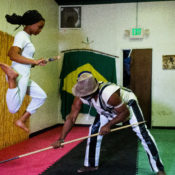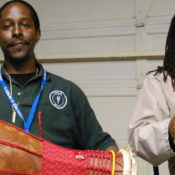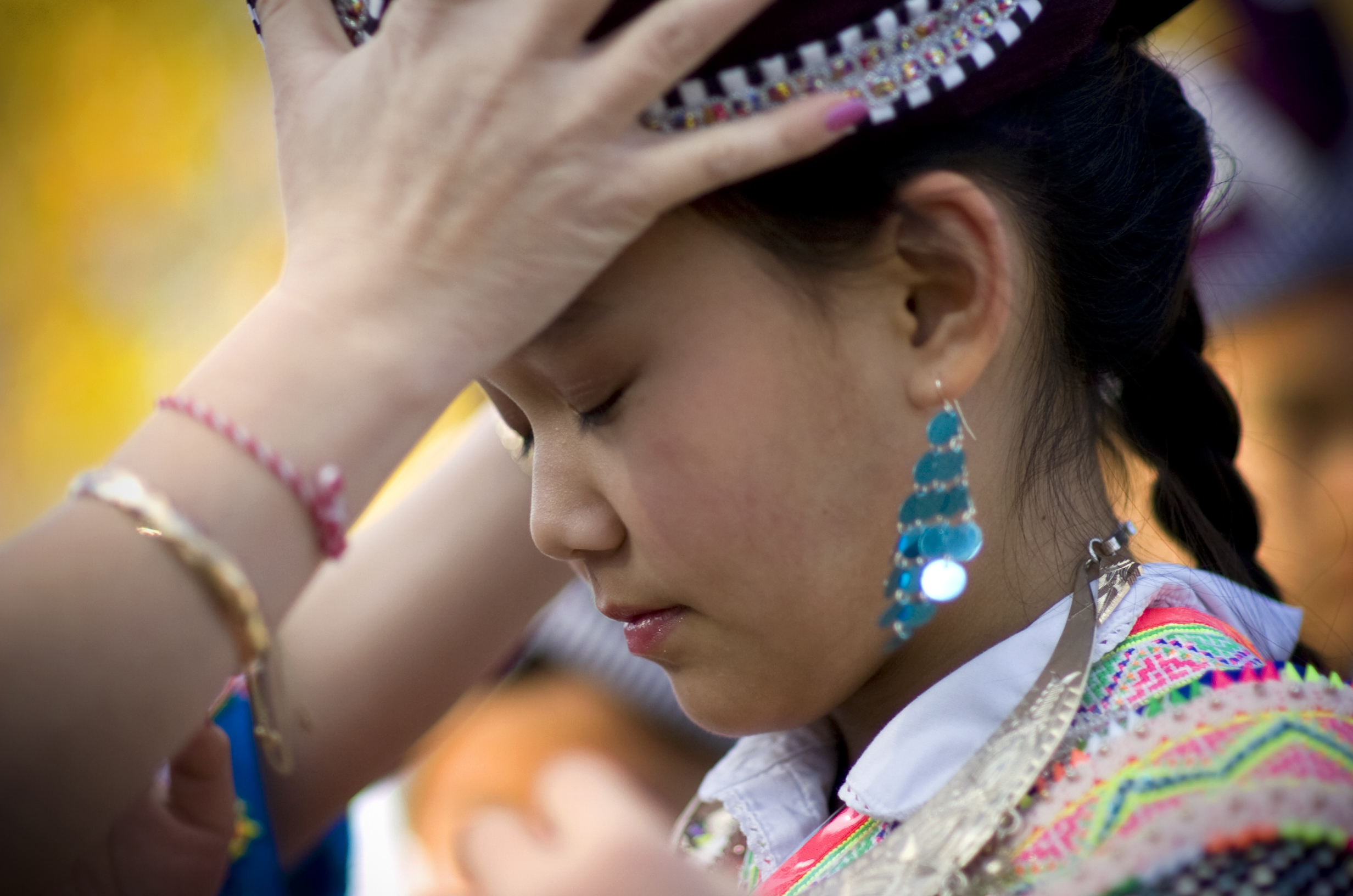Shubha Narayan and 2020 apprentice Saadhvi Narayanan. Photo courtesy the artists.
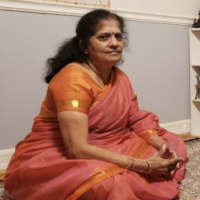
Shubha Narayan
South Indian Carnatic music
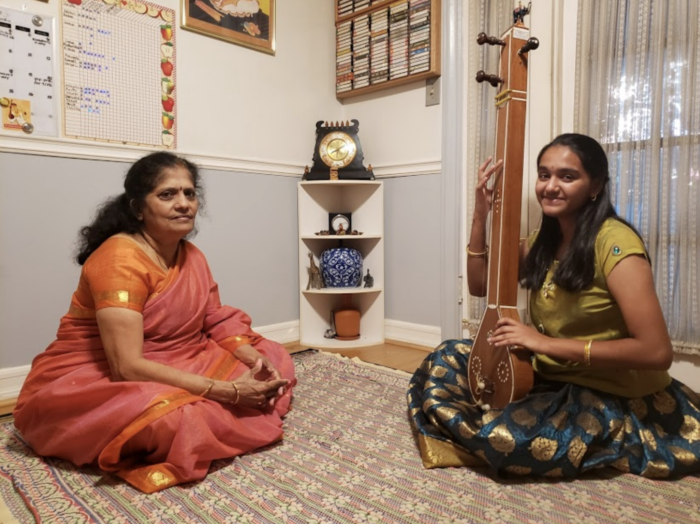
for almost 60 years, through training, performances, and instructing students from the age of 3 to 80, for over 35 years. Shubha also helped establish the South Indian Music Academy (SIMA) nearly 40 years ago, and continues to serve on the committee, helping to propagate Indian classical music to the next generation. The passing down of this music has been an oral tradition, which was passed on to her in Chennai, Tamilnadu, in South India. She now passes it on to second generation Indian-American children, providing them an important link to their culture and heritage.
Carnatic music has its roots in South India and is an important part of culture in the region. This art form is steeped in spirituality, stemming from the Vedas and ancient religious texts, and provides a religious and cultural connection for members of our shared community. The basic elements are śruti (pitch), swara (note), rāga (melodic formula), and tala (the rhythmic cycle) form the foundation of improvisation and composition in Carnatic. Carnatic music is mainly sung through compositions – a form developed between the 14th and 20th centuries by composers such as Purandara Dasa and the Trinity of Carnatic music. Carnatic music is usually performed by a small ensemble of musicians, consisting of a principal performer (a vocalist), accompanied by the violin, and mridangam (percussion). The sound of the tambura acts as a drone throughout the performance.
Apprenticeship Program
2020
South Indian Carnatic Music
with apprentice

